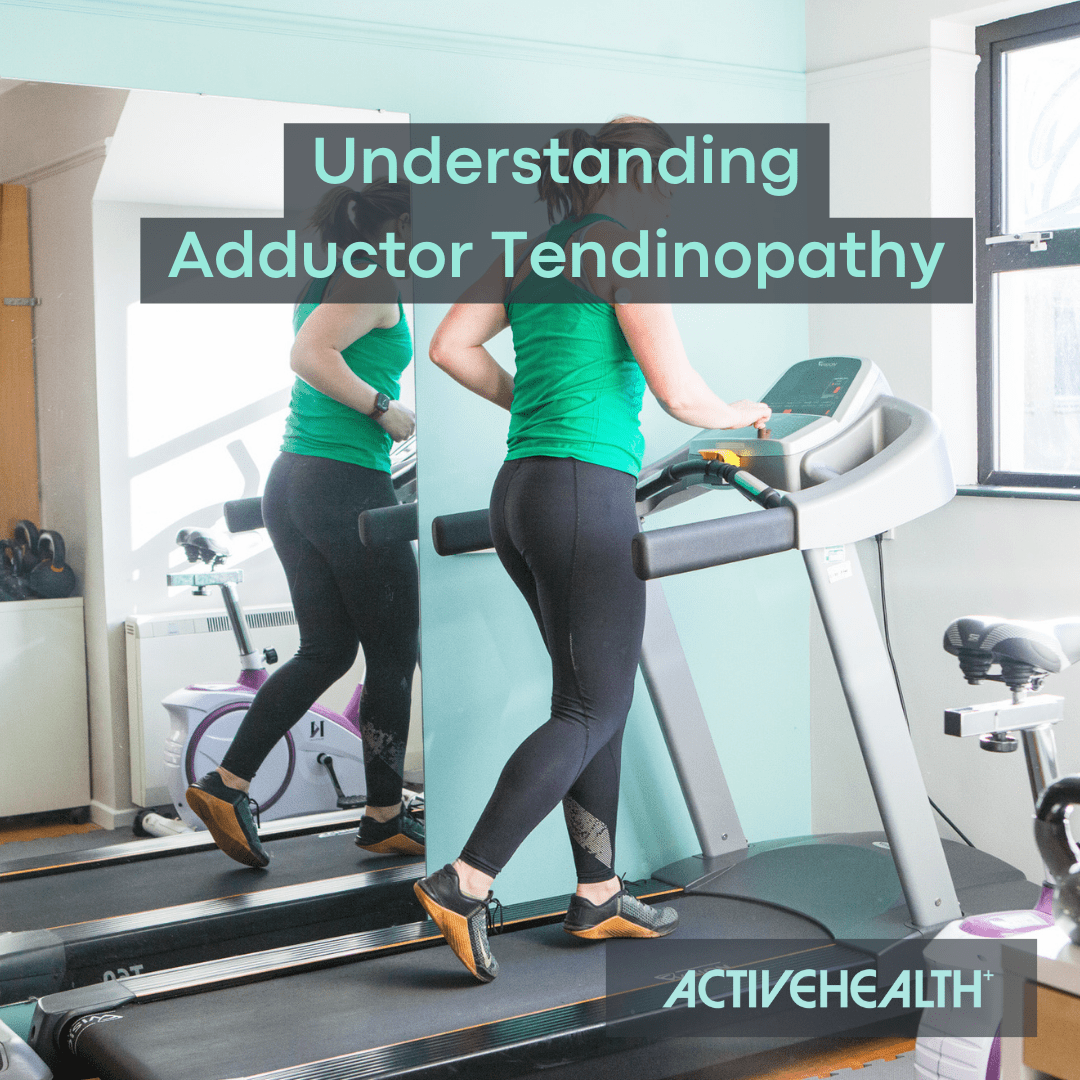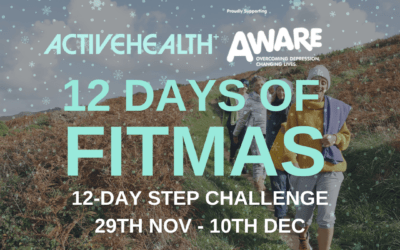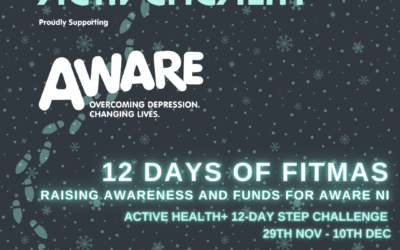Discover more about Adductor Tendinopathy
Have you ever experienced pain and stiffness in your groin and inner thigh?
It could be adductor tendinopathy; a condition that affects the adductor tendon located at the base of the pubic bone.
Let’s dive into the details:
![]() What is adductor tendinopathy?
What is adductor tendinopathy?
The adductor muscles play a crucial role in hip movement and pelvic stability. Adductor tendinopathy refers to the typical pattern of pain and stiffness in the groin and inner thigh associated with this injury.
![]() What are the symptoms?
What are the symptoms?
Pain in the groin region during adductor muscle movements is a common symptom. You may experience stiffness, weakness, and tenderness when pressing over the adductor tendon. The pain tends to develop gradually and can worsen over time, impacting daily activities such as walking or using stairs.
![]() What causes it?
What causes it?
Chronic overuse, especially among runners and athletes who frequently change directions, is a common cause of adductor tendinopathy. Overstretching the tendon or sudden increases in training intensity or type can contribute to its development. Prolonged forces on the tendon may lead to tissue degeneration, pain, and an increased risk of tearing.
![]() What is the treatment?
What is the treatment?
Physiotherapy interventions include manual therapy, exercise programs, and eccentric exercises known to stimulate tendon regeneration. Conservative treatment is often attempted as the first line of action, with cortisone injections used if necessary. In severe cases, other medical interventions may be considered. Once the pain subsides, your physiotherapist can help prevent future recurrences.

Related Articles
How do I track my steps each day?
Are you taking part in our 12 Days of Fitmas Steps Challenge this year? Not sure how to keep a track of how many steps you've done each day? Don't worry - we're here to help!Read on for three options to help you keep track! Use your...
Active Health’s 12 Days of Fitmas
What?: 12 Days of Fitmas Step Challenge Info: Active Health is fundraising for Aware NI and we'd love you to join us in an independent step challenge with a group walk to finish! When?: 29th Nov – 10th Dec This year we are hosting a 12-Day Step Count Challenge....
Fibromyalgia
Fibromyalgia is a chronic condition characterised by widespread pain throughout the body along with fatigue, memory problems, sleep and mood disorders.



